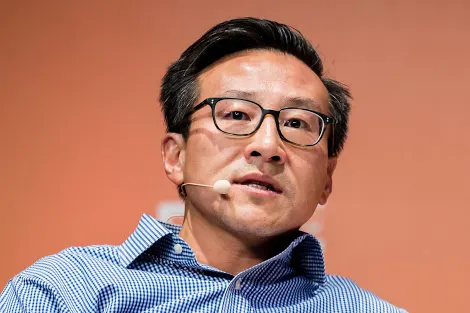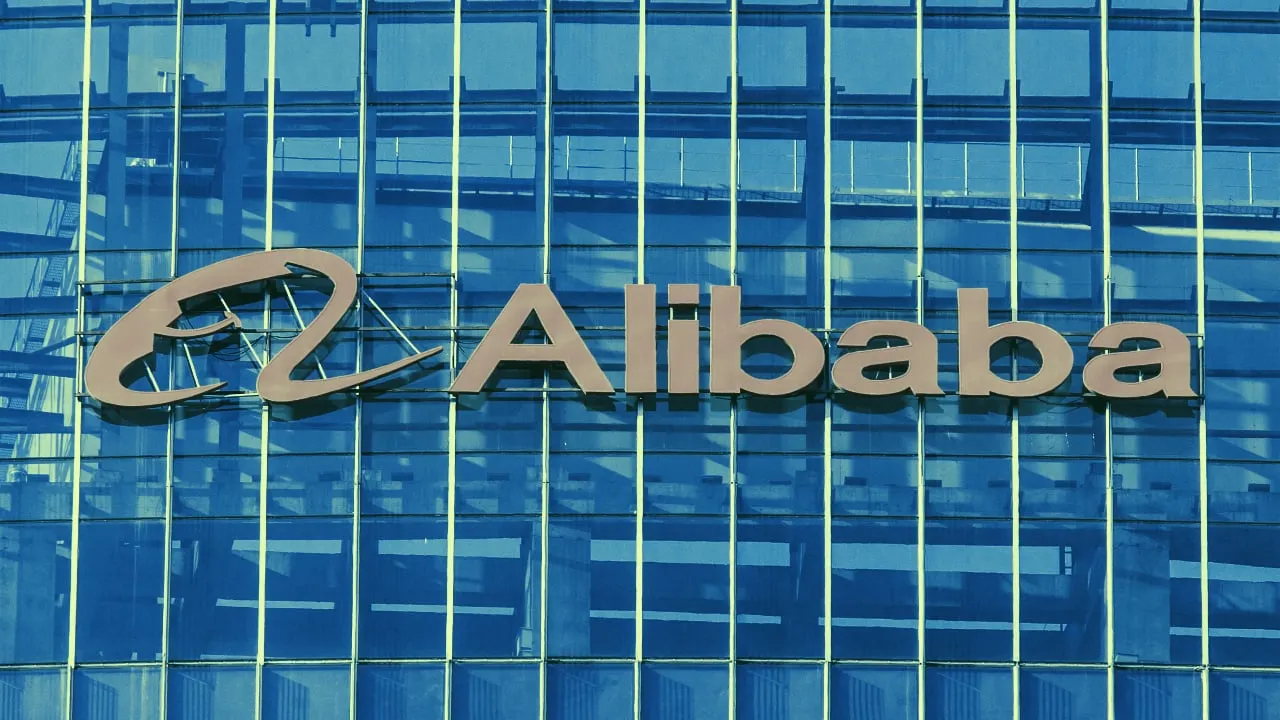Here's another notable addition to the growing army of crypto supporters: Joe Tsai, the executive vice chairman of Chinese multinational Alibaba Group, says he likes crypto.
Tsai is also the full owner of the Brooklyn Nets. He bought the NBA franchise from Russian billionaire Mikhail Prokhorov in 2019 at a reported value of $2.35 billion, a league record at the time. Tsai also owns the WNBA's New York Liberty and the San Diego Seals of the National Lacrosse League.
“I like crypto,” Tsai tweeted on Monday night, out of the blue.
Binance CEO Changpeng ‘CZ’ Zhao was quick to react to the tweet, responding with “I like Joe.”
I like Joe https://t.co/axjaRtPoe3
— CZ 🔶 Binance (@cz_binance) December 28, 2021
Tsai’s comment comes hot on the heels of Brooklyn Nets star Kevin Durant signing a new promotional agreement with Coinbase, the U.S. largest crypto exchange. The deal will see Coinbase run cryptocurrency ads on Durant’s sports website and donate to the NBA star’s charitable foundation to support the youth.
While it’s not immediately clear what Tsai specifically meant by “crypto” (Bitcoin only? DeFi? NFTs?), earlier this year the 57-year-old billionaire entrepreneur floated the idea of issuing fan tokens and NFTs, among other activities to improve fan engagement.
“We in the NBA now have the potential for teams to issue fan tokens,” Tsai said in an October interview with NetsDaily. “It’s been discussed, hasn’t been approved but people in Europe have already been doing this with soccer teams in Europe issuing fan tokens which have privileges attached to it.”
Tsai’s role at Alibaba

Tsai's crypto support isn't just notable for the Nets, but also politically. At Alibaba, he’s the second man behind Jack Ma, the founder of the Chinese e-commerce giant. And the Chinese government has repeatedly sought to curb crypto adoption by big Chinese tech companies.
“In China’s tech industry, Ma is considered the creative force, and Tsai the one who turned ideas into action,” the New York Times wrote in 2019.
In September, following China’s crackdown on crypto, Alibaba announced it would stop selling specialized mining equipment on its platform. The firm also banned its platforms from selling cryptocurrencies such as Bitcoin, Ethereum, and Litecoin.
The Chinese government first moved to restrict crypto-related activities in 2017 when it banned Initial Coin Offerings (ICOs) and crypto trading, forcing several major exchanges, including BTCC, OkCoin, and Huobi, to either leave the country or shut down entirely.
Beijing renewed the clampdown in May with a ban on crypto mining, which not only resulted in the Bitcoin network's hashrate plummeting but also led to a major exodus of miners and other crypto entrepreneurs to other parts of the world, primarily the U.S.
A group of Chinese payments and financial associations also reiterated the central bank's 2017 ban on financial institutions and payment firms engaging in cryptocurrency transactions, warning investors against crypto trading as a “speculative” activity.

